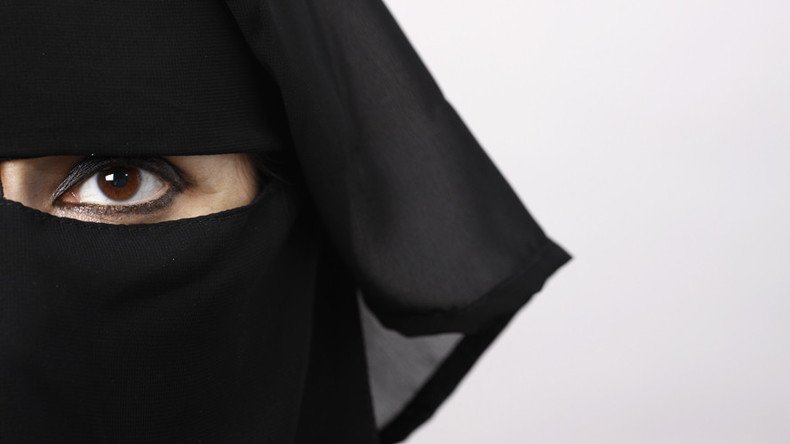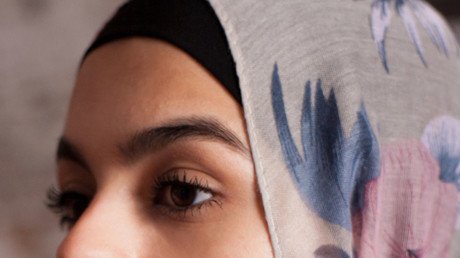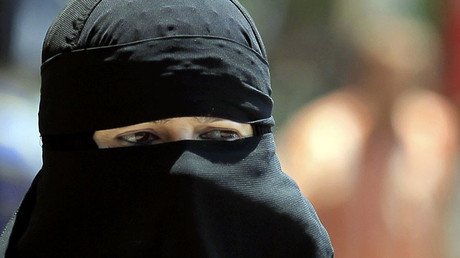Austria passes law forbidding full-face Islamic veils in public

Austria’s parliament has approved a package of measures that outlaws distributing the Koran and wearing traditional Islamic full-face veils in public. Starting in October, a €150 fine ($166) will be levied on women wearing burkas and niqabs.
The legislative package that was passed on Tuesday night also requires asylum seekers to take a one-year integration course, during which they must learn Austrian ethics and the German language, German newspaper Bild reported.
Under the new measures, migrants must also perform unpaid public work or face losing benefits or other consequences. The requirement is meant to better prepare refugees for the Austrian labor market, according to Bild.
The measure received the go-ahead from both ruling parties, the Social Democratic Party (the SPÖ) and center-right Austrian People’s Party (the ÖVP), Austria’s news outlet oe24.at reported.
Opposition parties have criticized the move, however, saying it is doubtful that banning full-face veils will contribute to integration.
Attacks on migrant facilities doubled in Austria in 2016 compared to the previous year. The acts committed by the perpetrators ranged from hurling Molotov cocktails at buildings to slashing gas pipes, officials said last month.
Austria has received more than 130,000 asylum claims from applicants from the Middle East and North Africa since the summer of 2015. The country of some 8.7 million people has taken in more refugees per capita than any other country in Europe, apart from Sweden.
Under an EU refugee resettlement and relocation program agreed on in 2015, Austria has to accept 460 asylum-seekers from Italy and about 1,400 refugees from Greece. However, Austria took in around 90,000 refugees in 2015 (more than one percent of its population), and was granted a temporary exemption.
READ MORE: Austria seeks to withdraw from EU mandatory refugee quota system
As part of a campaign to speed up the repatriation of around 50,000 asylum seekers, Vienna promised in March to double the amount of money paid to migrants who voluntarily return home. Austrian Interior Minister Wolfgang Sobotka said the plan primarily targets “those who are not likely to be granted the right to long-term residence.”
READ MORE: Austria doubles cash offer for migrants to leave country
Traditional Islamic head and face coverings have long been controversial in Europe, where they are often seen as incompatible with secular values. France became the first European country to impose a ban on full-face coverings in 2011. Belgium followed suit shortly thereafter.
Late last month, German MPs approved a partial ban on full-face veils, saying it’s the country’s duty to present itself “in an ideologically and religiously neutral manner.” The ban applies to public servants, including elected officials, military personnel, and staff working in the judiciary.
“[The ban] obliges officials and soldiers not to hide their faces while performing their duties or during direct fulfillment of their tasks,” a statement on the Bundestag’s website said.
READ MORE: ‘Religiously neutral’: German parliament approves partial ban on full-face veil
The legislation does contain some exceptions, however. For example, military personnel and public servants may wear full-face veils to protect themselves from infections. Police officers can also cover their faces in order to conceal their identity.














